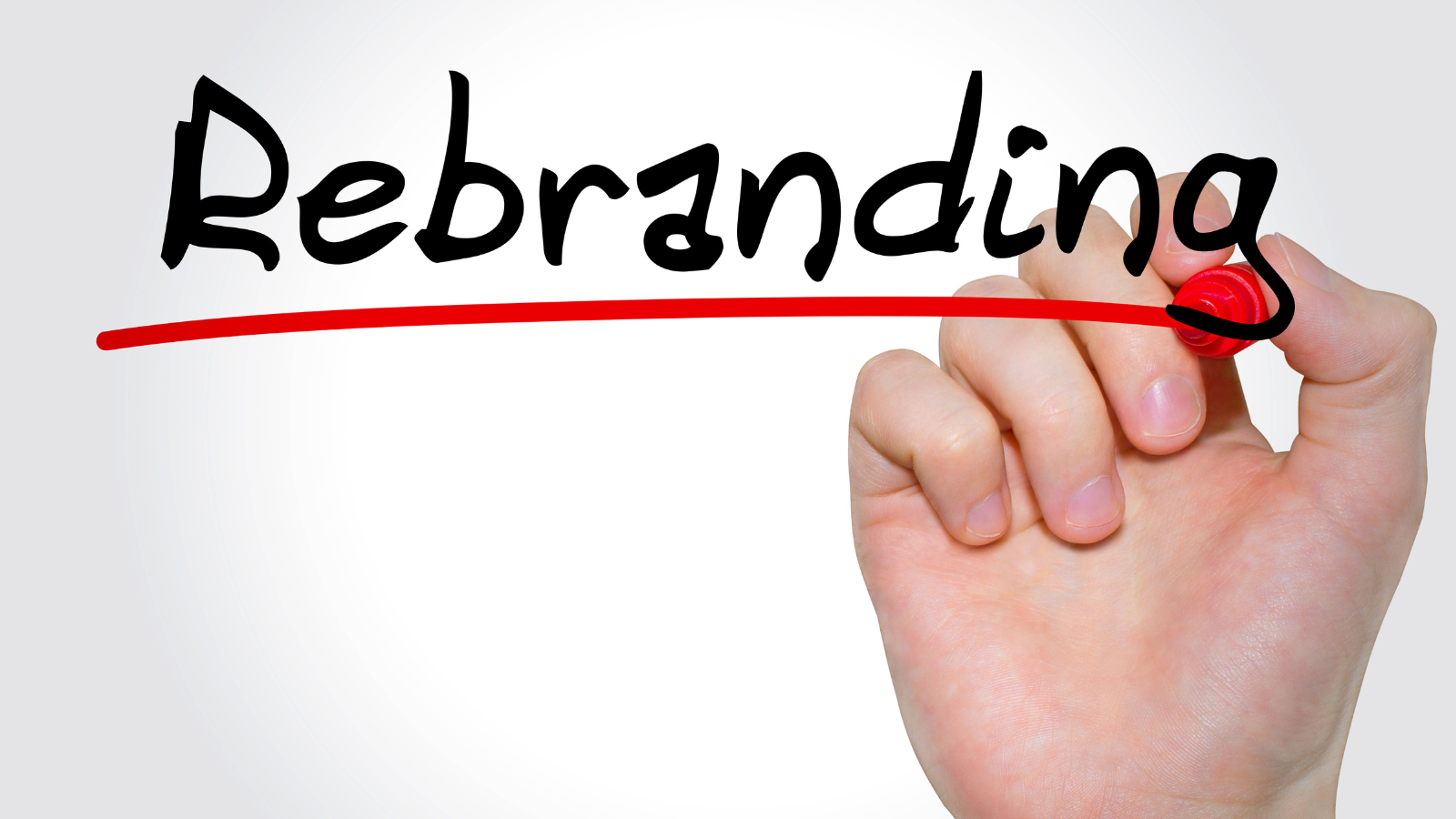Companies that go viral online are struggling with inflated demand
Brands such as Stanley insulated water tumblers and Charlotte Tilbury lipstick are scrambling to meet inflated demand as their products go viral on social media platforms, such as TikTok.
When a product goes viral, it means that it has become extremely popular and is being shared or talked about by a large number of people, often through social media or online platforms. A product that goes viral can be a physical product, such as a toy or gadget, or it can be a digital product, such as a video or piece of software. When a product goes viral, it can spread very quickly and can reach a large audience in a short period of time. This can be beneficial for the company or individual that created the product, as it can lead to increased sales and exposure. However, it can also be challenging to predict what will go viral and when, as it is often driven by the public's unpredictable interests and preferences.
President Biden has signed legislation that could lead to a nationwide TikTok ban, sparking concern among the platform's vast community.
President Joe Biden recently signed a $95 billion national security package that includes a provision potentially banning TikTok, but with a critical timeline extension.
Diana Wiebe, like many of us, found herself deep in the world of social media during the pandemic, getting swayed by influencers on Instagram and TikTok to buy all sorts of products, especially skincare.
Apple has deep-rooted ties with Chinese suppliers spanning three decades, making it challenging to sever connections despite diversifying its sources.
Senator Rand Paul (R-Ky.) is opposing a unanimous passing of a bill, requiring Democrats to spend more time on it before a roll-call vote.
Thousands of TikTok users are rallying to prevent a potential ban on the app, which faces pressure from legislation forcing its parent company, ByteDance, to divest or risk being removed from U.S. app stores.
Former President Donald Trump expressed concerns about the proposed ban on Chinese-owned social media app TikTok in the United States during an interview on CNBC's "Squawk Box" on Monday.
The U.S. House of Representatives is speeding up a vote next week on a bill that would force China's ByteDance to sell off TikTok within six months or face a U.S. ban.
A bipartisan group of U.S. lawmakers has introduced legislation to push China's ByteDance, owner of TikTok, to divest the app within six months or face a U.S. ban due to national security concerns over its Chinese ownership.
The US Supreme Court is tackling two crucial cases that could reshape social media's landscape.
A federal judge in Montana has temporarily blocked a state law that would have banned TikTok starting on January 1, 2024.
Small businesses can experience a sudden surge in demand when they go viral on social media platforms like TikTok.
The ongoing United Auto Workers' strike against major automakers is significantly impacting small suppliers, with some at risk of shutting down due to the disruption.
A recent analysis conducted by Nikkei Asia and Tokyo’s Fronteo has revealed that nearly 40% of the suppliers for materials used in Tesla's batteries are Chinese companies.
AeroCision, an aerospace supplier, has received interim court approval to pay critical vendors up to $5 million, including recent shipments made before filing for Chapter 11 bankruptcy.
Overstock's acquisition of Bed Bath & Beyond's intellectual property in a bankruptcy auction for over $20 million in June has proven to be a boon for the company.
A new report by experts in human rights and the solar industry has raised concerns about the solar supply chain's lack of transparency amid human rights issues.
An investigation by the International Union for Conservation of Nature (IUCN) Netherlands and AidEnvironment analyzed the palm oil supply chain in Colombia.
DHL Express is set to invest $192 million in constructing an aircraft maintenance facility at Cincinnati/Northern Kentucky International Airport (CVG), the location of its primary U.S. air hub.
CPOs face challenges in meeting cost plans due to inflation but are prioritizing operational efficiency, ESG initiatives, digital transformation, and cost reduction, according to a Deloitte survey.
TikTok is reportedly working with third-party logistics (3PL) fulfillment service providers to build its own logistics network.
Walmart and Sam's Club have announced an enhanced seafood policy aimed at improving transparency and data collection in the tuna supply chain.
Walmart suppliers have made significant progress toward achieving the retailer's goal of reducing greenhouse gas emissions from its value chain.
Bill Benton, the co-founder of Gains, highlights the reasons why planning processes often fail to effectively address inventory challenges.
Maximizing the business intelligence obtained from supplier information is crucial in manufacturing.
Big Lots, in response to product shortages caused by the closure of UFI, has adopted various procurement strategies.
While supply chain disruptions have eased, inflation continues to persist.
A recent study by Supplier.io has stated that there are 5 ways successful companies can boost business with minority-owned firms to attain a more diverse supplier base.
In 2020, the coronavirus swept the world and had a detrimental impact on the economy.































TikTok has filed a lawsuit challenging a new federal law that could force its Chinese parent company, ByteDance, to sell the app or face a ban in the U.S.